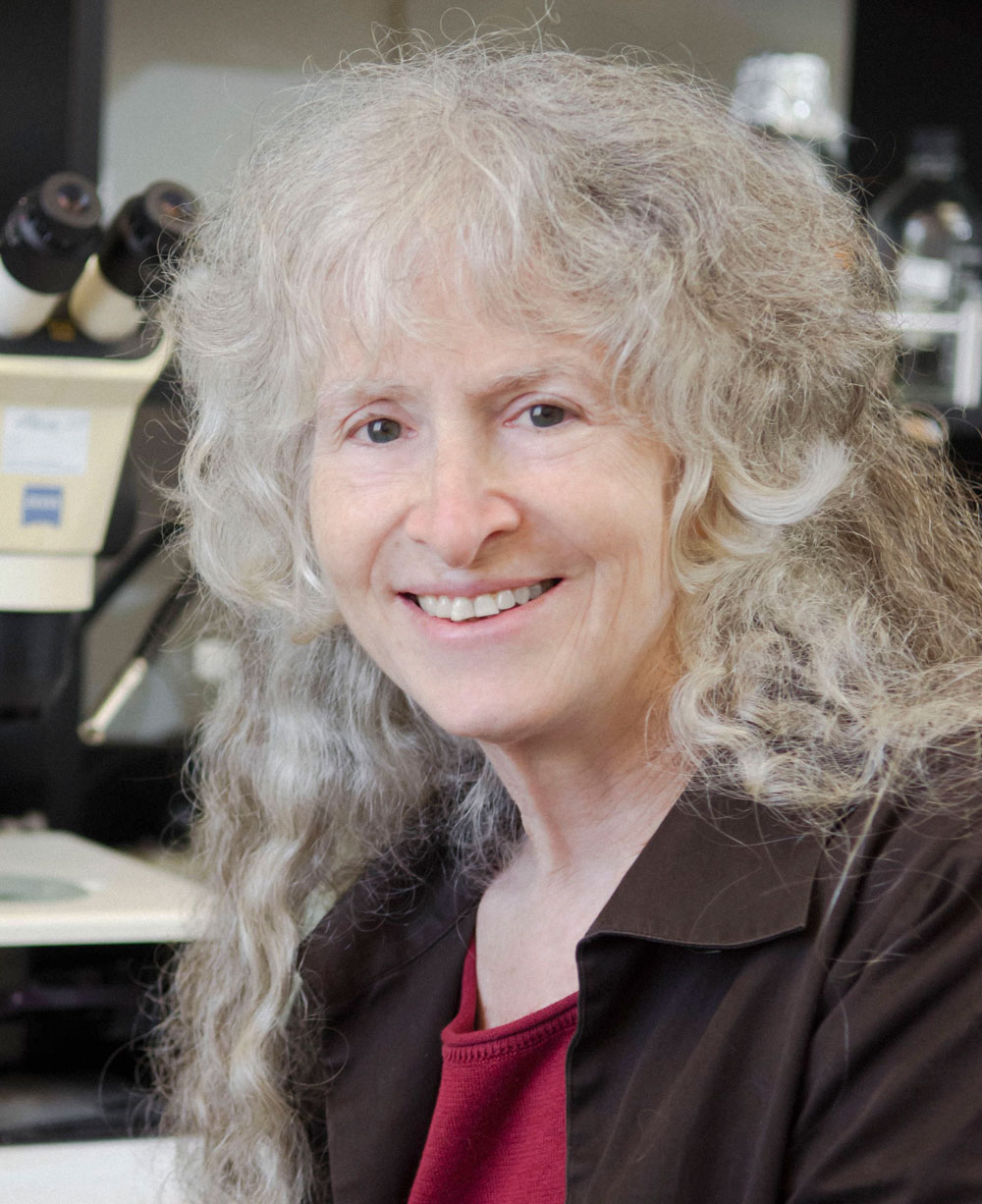 Ellen Rothenberg, Ph.D., Albert Billings Ruddock Professor of Biology at California Institute of Technology, will present “Genomic control mechanisms that establish T-cell identity” on Tuesday, Sept. 12 at 3 p.m. in the Bevill Biomedical Research Building, Room 170 as part of the inaugural David E. Wells Memorial Symposium, hosted by the UAB Department of Microbiology.
Ellen Rothenberg, Ph.D., Albert Billings Ruddock Professor of Biology at California Institute of Technology, will present “Genomic control mechanisms that establish T-cell identity” on Tuesday, Sept. 12 at 3 p.m. in the Bevill Biomedical Research Building, Room 170 as part of the inaugural David E. Wells Memorial Symposium, hosted by the UAB Department of Microbiology.
This symposium is held in memory of Dr. David E. Wells, a former graduate student in the UAB Department of Microbiology whose unquenchable thirst for knowledge led to extraordinary contributions towards a better understanding of the human immunodeficiency virus.
Rothenberg earned a bachelor's degree in Biochemical Sciences from Harvard University in 1972 and her doctorate from Massachusetts Institute of Technology in 1977. She was a Jane Coffin Childs Postdoctoral Fellow at the Memorial Sloan-Kettering Cancer Center from 1977-79. In 1979, she became Assistant Research Professor at The Salk Institute for Biological Studies in the Department of Cancer Biology. In 1982, she was appointed Assistant Professor in the California Institute of Technology and rose through the ranks to become Albert Billings Ruddock Professor of Biology in 2007.
Rothenberg has won multiple teaching awards at Caltech for courses in immunology and molecular biology including the Richard P. Feynman Prize for Excellence in Teaching (2016), and has taught internationally in advanced courses on immunology, developmental biology, and gene regulatory networks. She is a member of the Scientific Advisory Boards for four U.S. and international institutes and the Editorial Boards of several prominent journals in immunology and hematology, and has served on three committees for the American Association of Immunologists. She has also served on grant review panels for NIH and NASA and three private foundations, in addition to ad hoc reviewing for other agencies, and has founded or co-organized multiple international conferences in immunology and systems biology. Her group’s research is at the interface of immunology, stem cell developmental biology, systems biology, and genomics. She studies gene regulation and development of T lymphocytes, gene networks controlling hematopoietic cell fates, and mechanisms underlying the dynamics of single-cell developmental decisions.
The inaugural David E. Wells Memorial Symposium, which will begin at noon on Sept. 12, will also feature talks by five selected graduate students in the Department of Microbiology who will compete for the David E. Wells Research Award. The students are Danielle Chisolm (Weinmann lab), Joshua Justice (Thompson lab), Michael Schultz (Lund lab), Anukul Shenoy (Orihuela lab) and Tyler Stewart (Novak lab). A reception catered by Tre Luna will follow in the BRBB lobby.